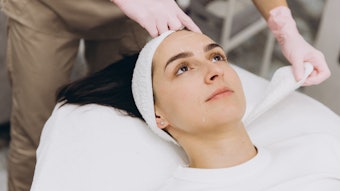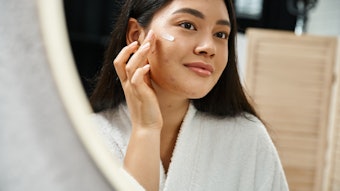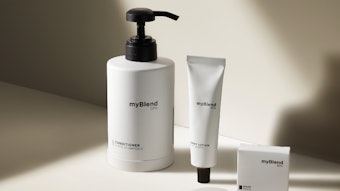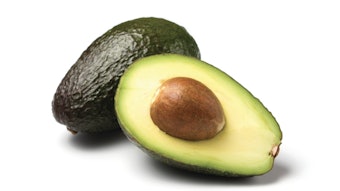
Ingestibles are positioned to take a greater portion of the skin care market as beauty supplements and holistic skin care become more mainstream, according to a new study from ingredient supplier Lycored.
The Further Beyond Skin Deep report examines the growing demand for ingestible and topical skin care, predicting that the global beauty supplements market will grow to $6.8 billion by 2024.
Surveying 245 consumers in the United Kingdom and France in December 2021, Lycored’s research study finds that 59% of respondents now consider the concept of ingestible skin care as normal.
About 68% of younger millennials (25-34 years old) say it is normal to take supplements for skin health or beauty. People in this age group are also more likely to have taken ingestible skin care products over the past year: 57% compared to 30% overall.
Meanwhile, 34% of women are more likely to have taken an ingestible product over the past year compared to 25% of men.
The study attributes the increasing popularity of ingestibles to consumers prioritizing holistic skin care and overall skin wellness that emerged from the COVID-19 lockdown, rather than focusing on superficial goals, such as the absence of wrinkles.
About 70% of respondents say they use skin care products to keep their skin healthy.
Only 17% of respondents say they use skin care products to look attractive, and 14% say that they use skin care products so other people will think they look younger.
The importance of self-care and the strong link between emotional well-being and skin health will continue to drive the popularity of topical and ingestible skin care, according to the Lycored study.
About 69% of respondents say they use skin care products for an emotional boost, while 26% say living a stress-free life is important to skin health.
About 34% of respondents consider a healthy diet to be one of the most important factors for the health of their skin, while 23% choose exercise.
And when faced with a hypothetical choice between feeling healthy and looking attractive, 80% of respondents say they would rather feel healthy.
Furthermore, the experience of having unexpected amounts of time and money available during lockdown appears to have diverted money from cosmetics to products for skin health, according to the study.
Consumers in the study also value the benefits of topical and ingestible skin care products.
More than half (52%) say it is very important and 43% say it is quite important to see visible skin care results.
The demand to see visible results is particularly high among younger consumers. About 67% of 18-24-year-olds say efficacy is very important.
The study credits social media for boosting the skin care knowledge of Gen Z shoppers, especially on TikTok.
Furthermore, the study finds that younger consumers conduct research on products and ingredients, with 40% of them in the 18-24 age group saying it is important to them that the ingredients in skin care products are supported by clinical research.
The only group in the study that places higher value on clinical research is consumers older than age 65. About 52% of them say they want to see clinically proven ingredients in skin care products.
Skinimalism continues to gain traction in the skin care space. According to the Lycored study, more consumers are turning away from multistep skin care routines to save time and money.
About 38% of respondents overall and 52% of younger millennials say they would like to spend less time applying topical skin care.
In addition, the Gen Z demographic is demanding more hybrid products—such as concealers with hydrating properties—because these products imply value for money and lead to reduced consumption, per the study.
The Lycored study finds that ecological and ethical considerations are also driving consumer purchasing behavior.
About 94% of respondents say manufacturers have either some or a lot of responsibility for the environment. A similar number (93%) say manufacturers have some responsibility for minimizing waste in their production, 92% say manufacturers are responsible for reducing their carbon footprint and 89% say they are responsible for minimizing damage to the oceans.
Such considerations are growing in importance as purchasing factors. About 23% of consumers overall and a third of those in the 18-24 age group indicate that it is important to them that skin care products are made from plant-based ingredients.
Similarly, 22% of overall respondents and 30% of 18-24-year-olds say they would be influenced to purchase a skin care product if it was made from sustainably produced ingredients.










